Vocabulary development Building Vocabulary Worksheets for Ages 3-8
14 filtered results
-
From - To
Enhance your child's language skills with our Building Vocabulary Worksheets, designed specifically for ages 3-8. Our engaging and colorful activities foster vocabulary development through fun and interactive exercises that capture young learners’ attention. These worksheets facilitate comprehension and word recognition, empowering kids to express themselves confidently. From matching words to pictures, extensive word searches, and fill-in-the-blank exercises, the varied formats cater to different learning styles, ensuring an enjoyable educational experience. Perfect for home or classroom use, our expertly crafted materials support essential literacy milestones, laying a solid foundation for future reading and communication skills. Start your vocabulary-building journey today!
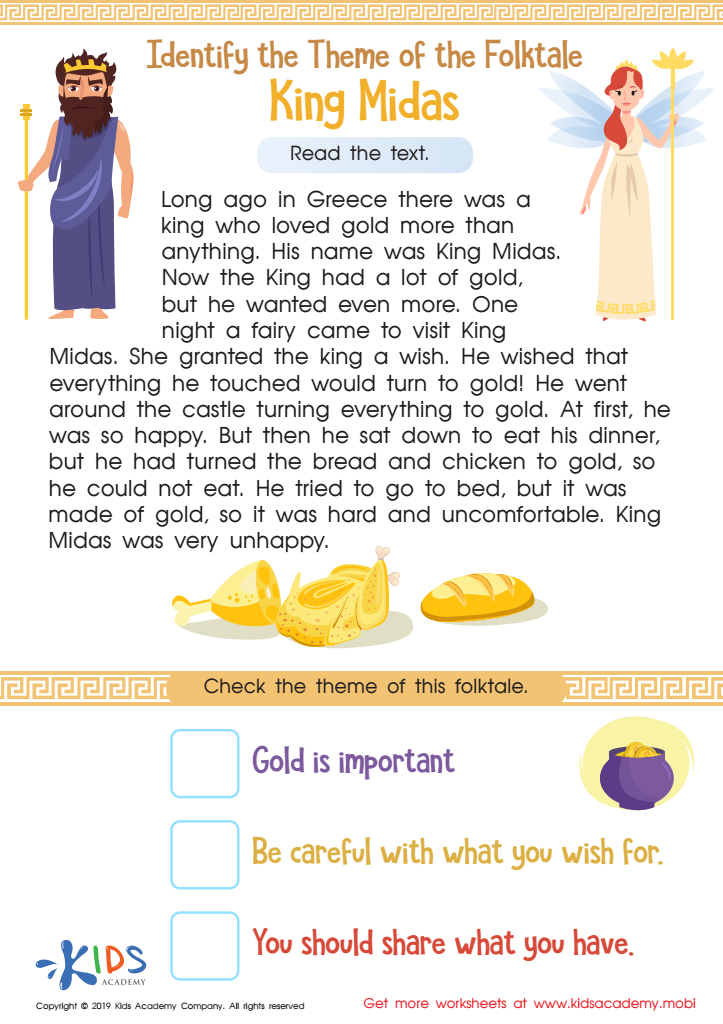

King Midas Worksheet
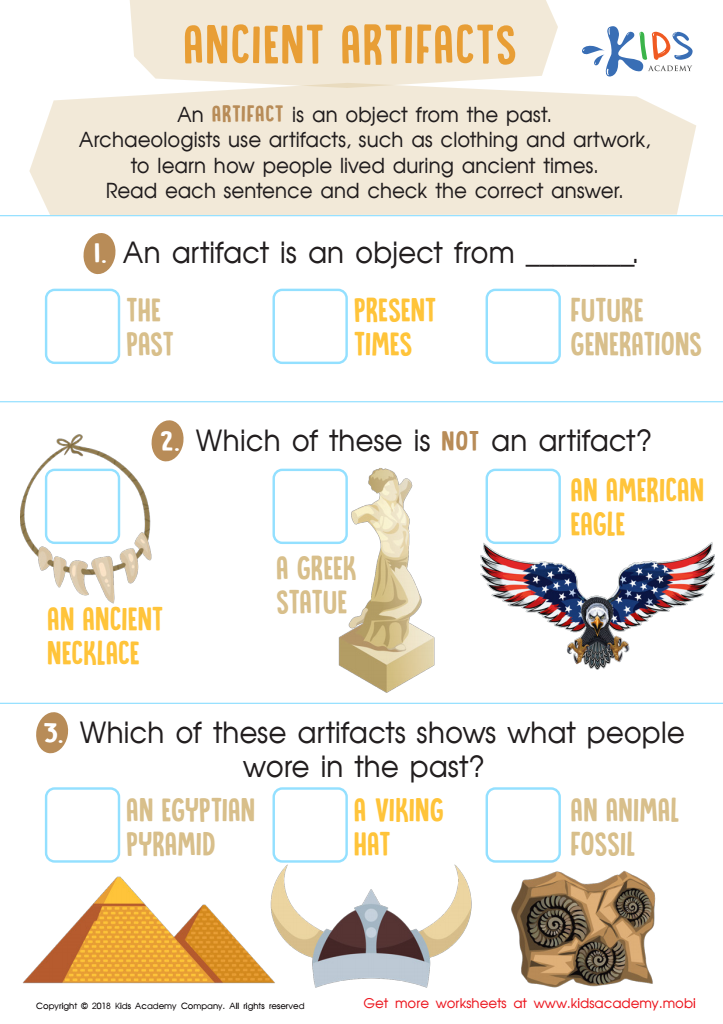

Ancient Artifacts Worksheet


Phonics and Word Recognition: Assessment 3 Worksheet
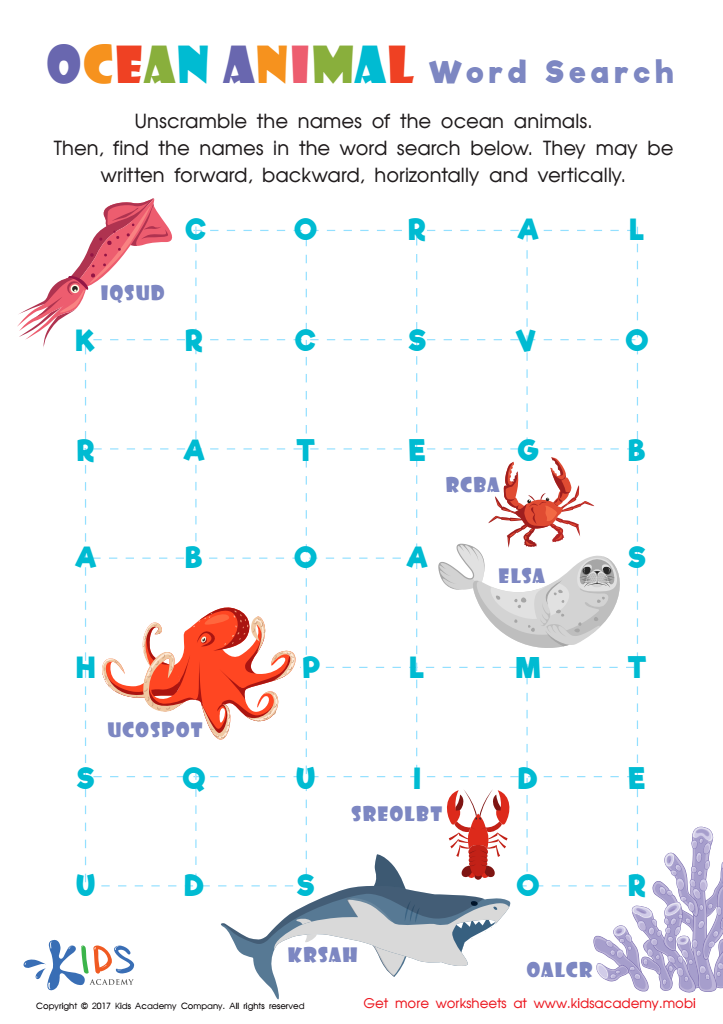

Ocean Animals Word Search Printable
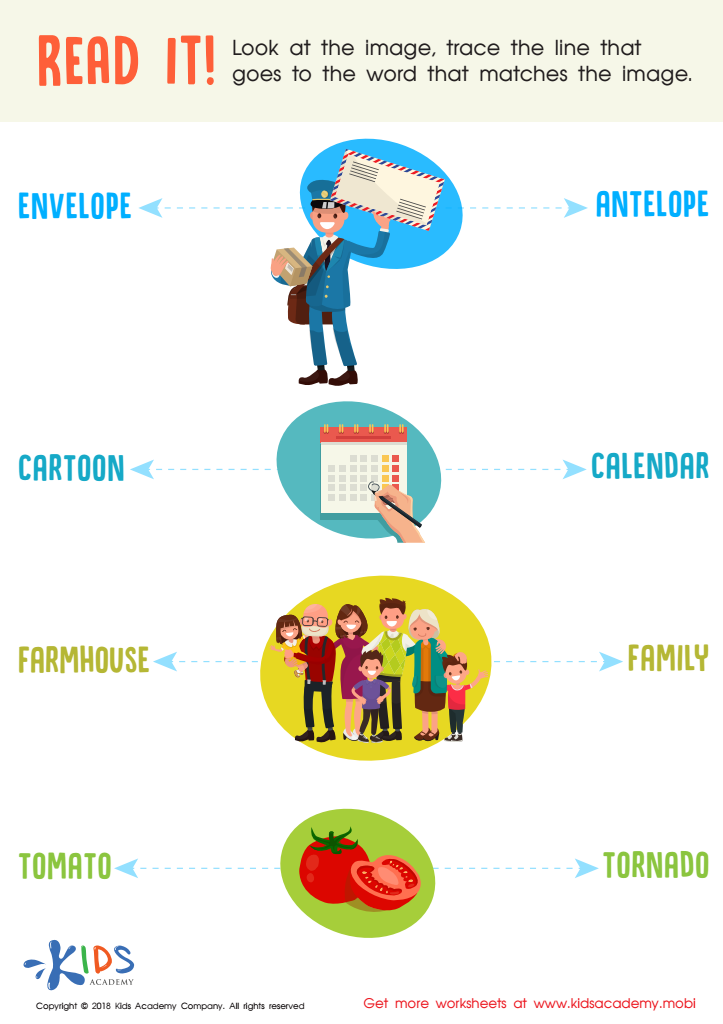

Read It! Worksheet
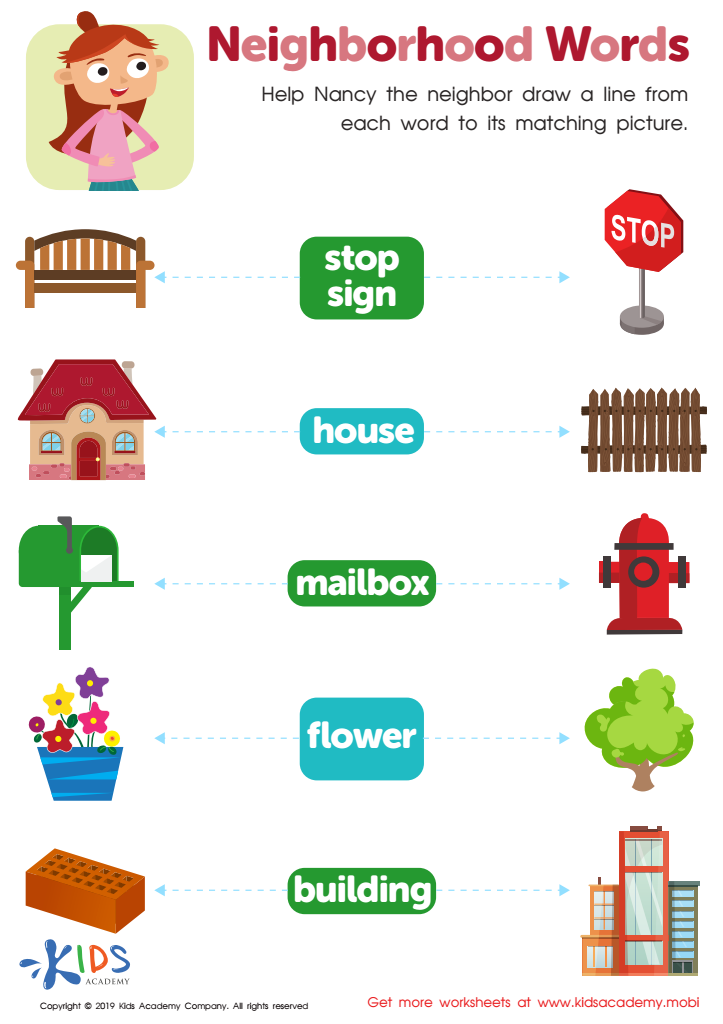

Neighborhood Words Worksheet
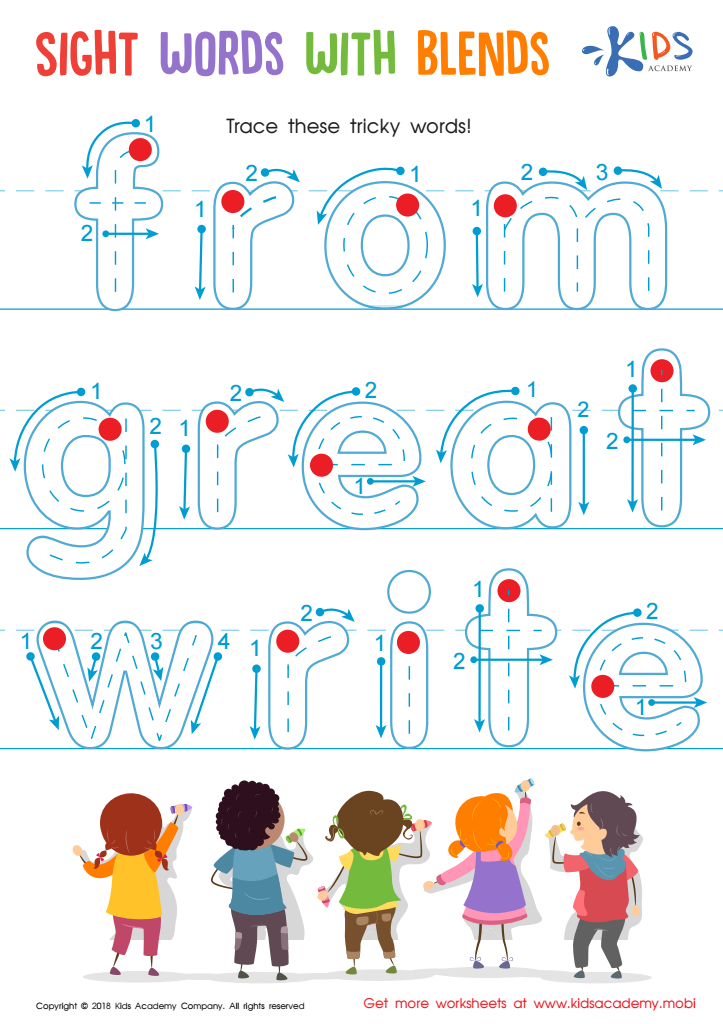

Sight Words with Blends Worksheet
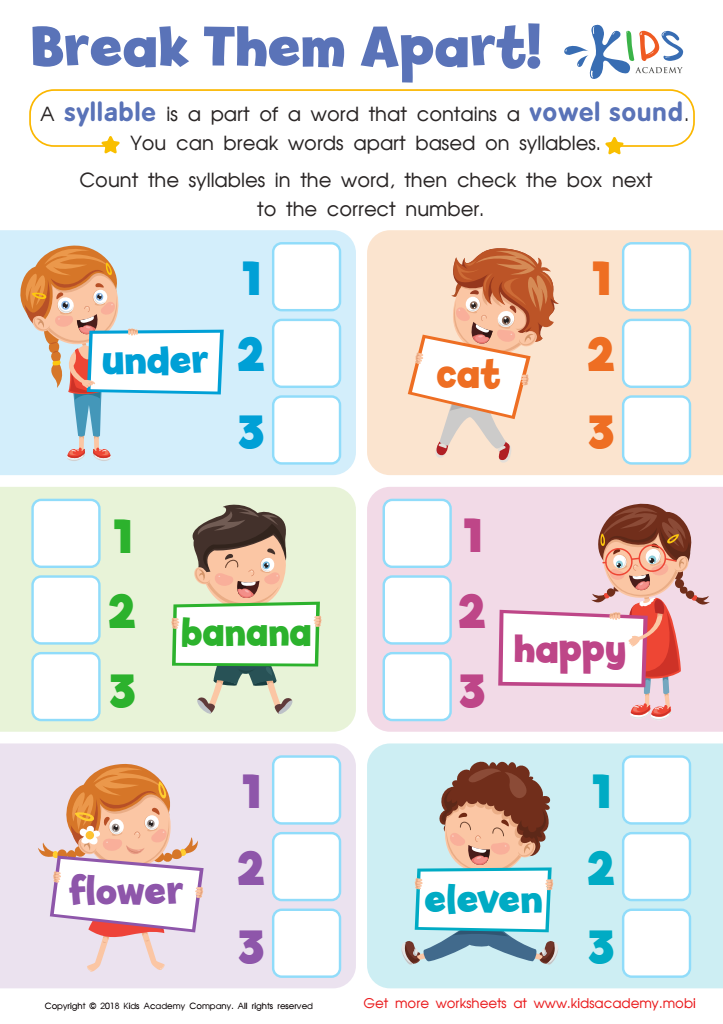

Reading: Break Them Apart Worksheet
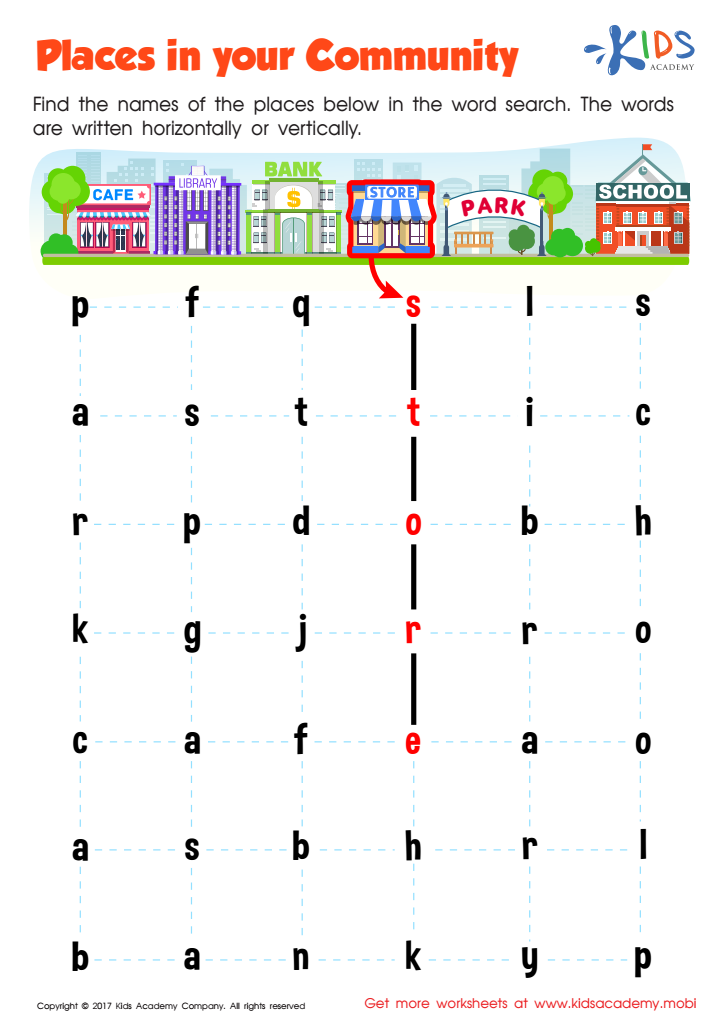

Places in Your Community Worksheet
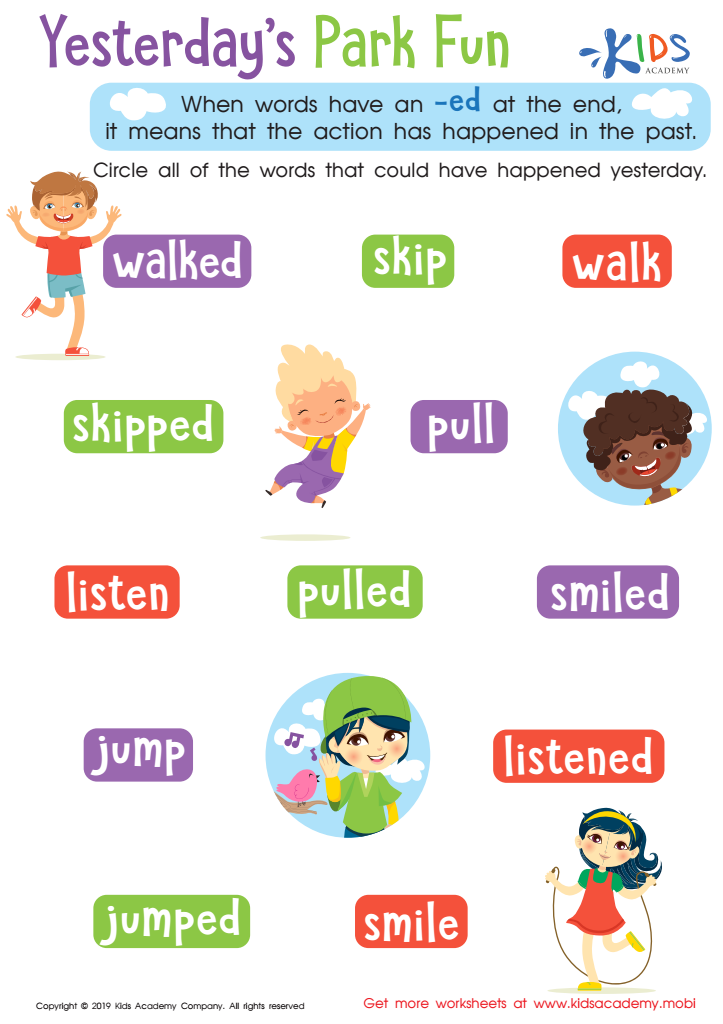

Yesterday's Park Fun Worksheet
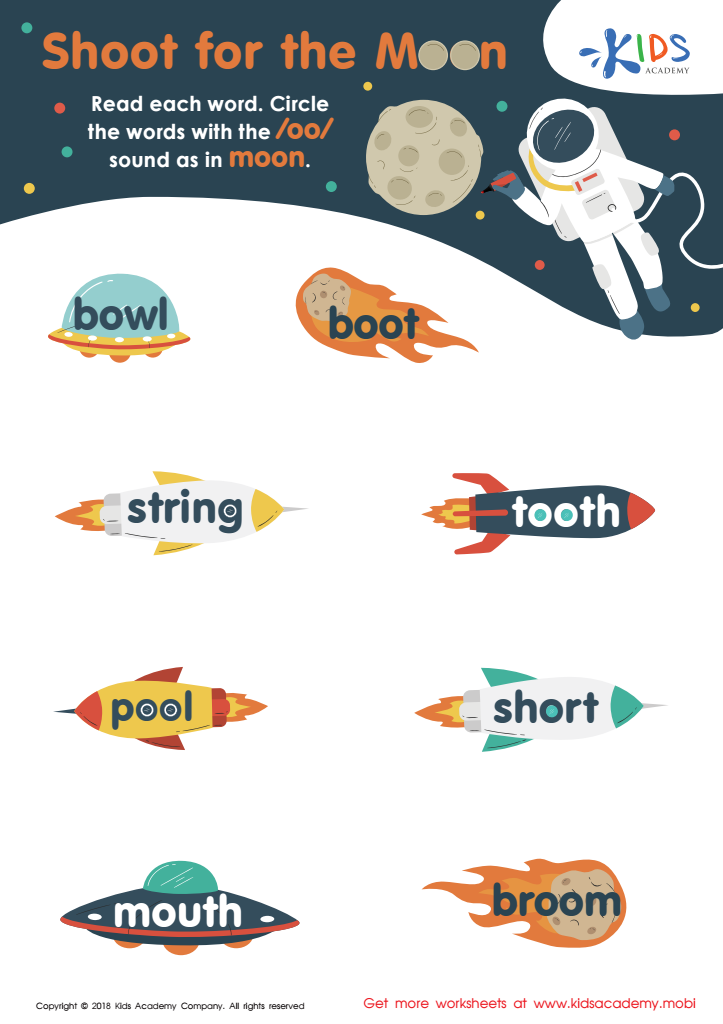

Reading: Shoot for the Moon Worksheet
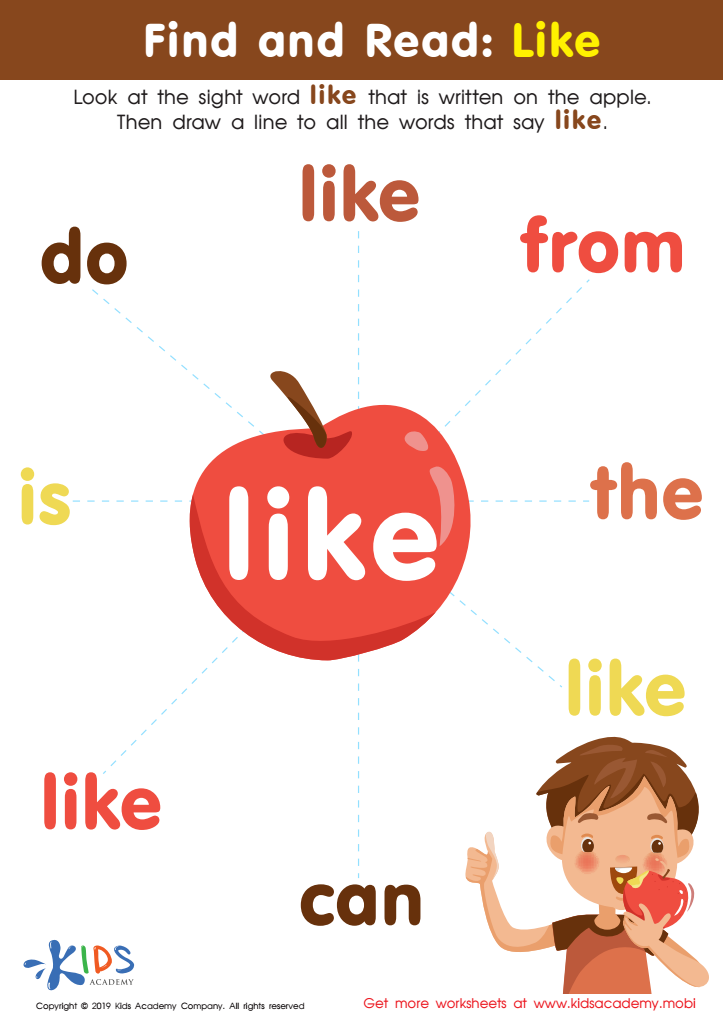

Find and Read: Like Worksheet
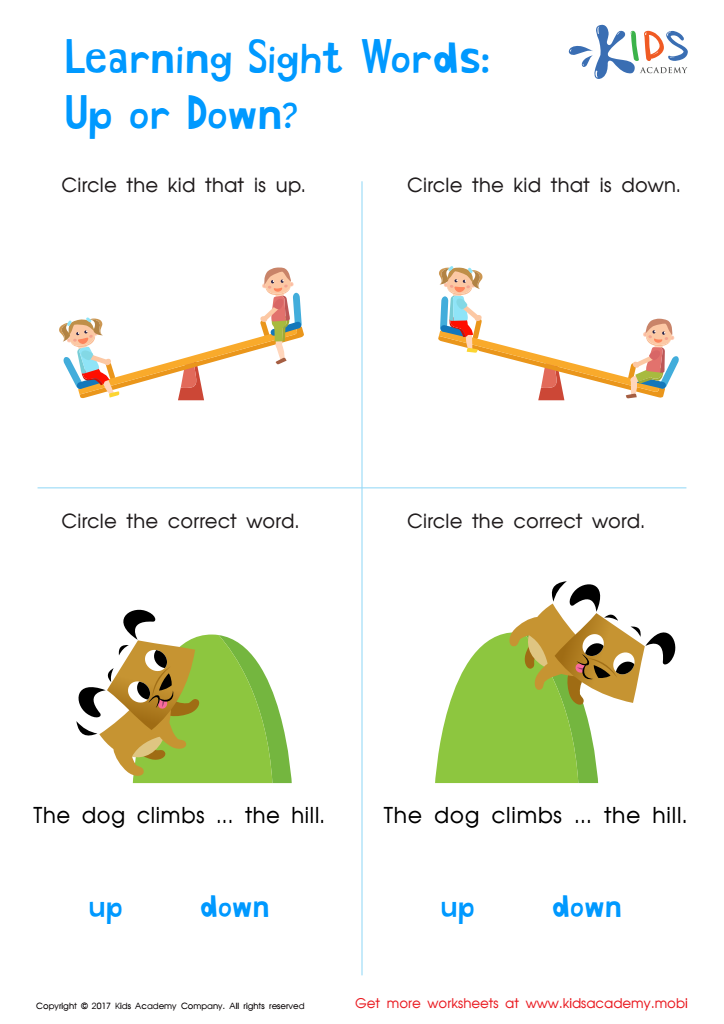

Up or Down Printable Sight Words Worksheet
Vocabulary development is crucial for children aged 3-8 as it lays the foundation for their overall communication skills, literacy development, and academic success. At this formative stage, children are highly receptive to language acquisition, making exposure to new words vital. A rich vocabulary enhances children's ability to express themselves clearly and understand others, fostering social interactions and relationships.
Moreover, a strong vocabulary is strongly correlated with reading proficiency. Children who are exposed to diverse vocabulary are better equipped to comprehend age-appropriate texts, leading to a lifelong love for reading and learning. Teachers and parents play a key role in promoting vocabulary development through engaging activities like storytelling, rhymes, and conversation that introduce new words in context.
Additionally, vocabulary growth boosts critical thinking and cognitive skills, as children learn to categorize objects, articulate their feelings, and make connections between concepts. It empowers them to participate more fully in discussions, ask questions, and express their thoughts.
Investing in vocabulary development during these early years not only enhances language skills but also builds confidence and prepares children for future educational challenges, making it a priority for parents and educators alike.

 Assign to My Students
Assign to My Students













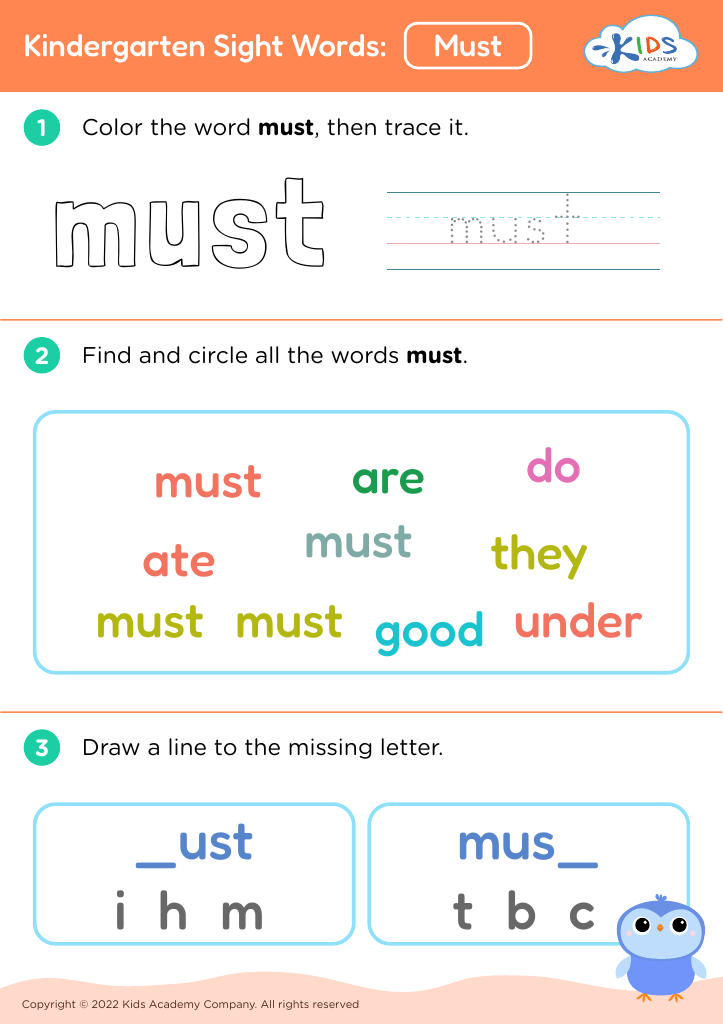



.jpg)















